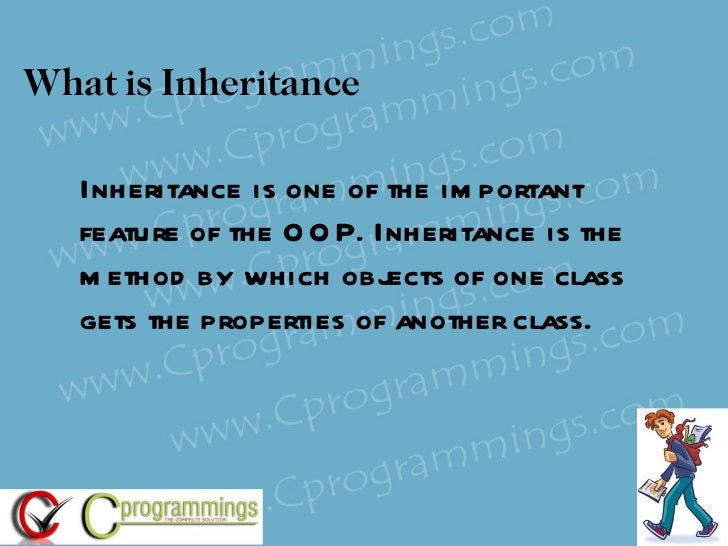Advanced C Programming By Example Pdf Free Download

Dan Gookin is the author of more than 120 titles. He has been writing about technology for over 20 years. Dan combines his love of writing with his gizmo fascination to create books that are informative, entertaining, and not boring. Because his 120 titles titles have 12 million copies in print that have been translated into over 30 languages, Dan can attest that his method of crafting computer tomes seems to work. Perhaps his most famous title is the original DOS For Dummies, published in 1991. It became the world's fastest-selling computer book, at one time moving more copies per week than the New York Times #1 bestseller (though as a reference, it could not be listed on the NYT Bestseller list). From that book spawned the entire line of For Dummies books, which remains a publishing phenomena to this day. Cimplicity license crack.
Dan's most popular titles include PCs For Dummies, Word For Dummies, Laptops For Dummies, and Droid X For Dummies. He also maintains the vast and helpful website,. Dan holds a degree in communications/visual arts from the University of California, San Diego. Presently, he lives in the Pacific Northwest, where he enjoys spending time with his sons playing video games inside while they watch the gentle woods of Idaho. By: Dan Gookin course • 3h 28m 35s • 36,050 viewers • Course Transcript - Hello, I'm Dan Gookin. Welcome to further topics in C Programming. This course supplements your of C by going beyond what's covered in many basic courses.
Here you'll find various tips and tricks that cover some intermediate and perhaps a few advanced C language topics. These are all presented in an informative and friendly way. My goal is to help you further your programming knowledge. As a teacher, I want you to understand programming concepts, not simply repeat rote information. So, ideas are presented and reinforced throughout the course. In this course, I use small, specific, programming examples and exercises.
This type of focus helps drive home concepts such as: assignment operators, command line arguments, external variables, pointers, and more. Various challenges throughout the course help you hone your skills, your programming kung fu as it were. Now, it's time to explore further topics in C Programming • Practice while you learn with exercise files.
Advanced C Programming by Example Paperback – January 14, 1998. What sets this book apart from traditional data structures books is it's 'blue collar' approach to the art. Get your Kindle here, or download a FREE Kindle Reading App. [pdf] A Complete Guide to Programming in C++ – LMPT.
C Programming is an ANSI/ISO standard and powerful programming language for developing real time applications. C programming language was invented by Dennis Ritchie at the Bell Laboratories in 1972. It was invented for implementing UNIX operating system.
C is most widely used programming language even today. All other programming languages were derived directly or indirectly from C programming concepts. This tutorial explains all basic concepts in C like history of C language, data types, keywords, constants, variables, operators, expressions, control statements, array, pointer, string, library functions, structures and unions etc. C – Command line arguments: main() function of a C program accepts arguments from command line or from other shell scripts by following commands. In real time application, it will happen to pass arguments to the main program itself. These arguments are passed to the main () function while executing binary file from command line. C – Variable length argument: Variable length arguments in C programming are an advanced concept offered by C99 standard.
In C89 standard, fixed arguments only can be passed to the functions. When a function gets the number of arguments that changes at run time, we can go for a variable length arguments. It is denoted as (3 dots). List of inbuilt functions in C programming: 1. C – Arithmetic functions: Inbuilt C programming functions which are used to perform mathematical operations in a program are called Arithmetic functions. Example program for abs(), floor(), round(), ceil(), sqrt(), exp(), log(), sin(), cos(), tan(), pow() and trunc() functions are.